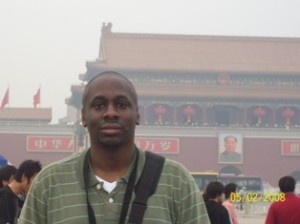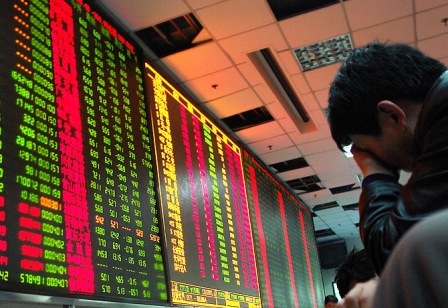
Collin Spears
Collin Spears, BFPR Chief Foreign Policy Correspondent, Washington, DC Bureau
In 2001, the Bush Administration characterized China as a “strategic competitor” to the United States. This may still be an accurate depiction of U.S. – Sino relations, at least as it applies to certain aspects of the multifarious relationship between the two nations. Financially, China and the U.S. have long been symbiotic. Despite the mutual benefits attained from this situation, there have been numerous points of contention, issues that have only been aggravated by the global financial crisis. The U.S. and China will have to find politically palatable ways to work though some of these differences, because the future economic viability of both nations depends on it.
The People’s Republic of China (PRC) is the world’s largest single holder of U.S. Treasury Securities, which total about $700 billion U.S. dollars (USD). China also purchases U.S debt through third countries, which could bring the total closer to $1 trillion as of January 2009 (Shambaugh 2009). Much of these securities are held by China to regulate the Yuan against the dollar in order to ease the flow of the massive amount of trade between the two nations. In 1979, China – U.S. trade was valued at $2.5 billion as compared to over $400 billion in 2008 (Shambaugh 2009).
 BFPR ANALYSIS
BFPR ANALYSIS